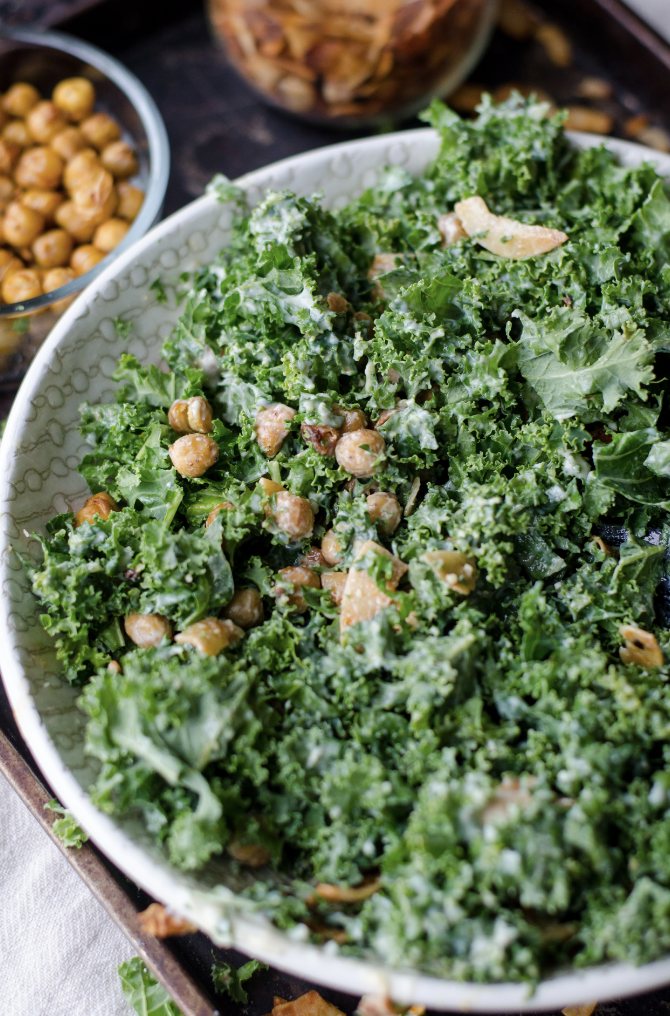4 Weight-Loss Myths, Debunked!
BUSTED. I’m calling out these common weight loss myths!
Everyone has their theory of the best way to lose weight. Everywhere you turn on the internet there’s another diet or diet “product” to try that assures you this is the best way to lose weight. (I know…eye roll.)
Here is the thing, I want you to be successful at losing weight so let’s debunk these myths and show you what actually works when it comes to successfully releasing extra pounds.
Yesterday, I was browsing through Pinterest and I couldn’t help but notice that there were about 5 different kinds of diets that popped up on my feed. I don’t know about you, but it gets old. Weight loss advice is so common (and contentious) now. There are so many competing opinions everywhere.
Let’s just forgot about “who’s right” and focus on “what’s right!” I want you to see results and feel good about yourself while doing it.
Myth #1: Calories cause weight gain, and fewer calories are the path to weight loss.
So, here is the thing. Calories do matter. You can’t expect to sit down and consume more calories than you use and expect to lose weight. Your body’s wisdom will definitely store some of them for later if you get my drift.
But, they are not the “be-all and end-all” of weight loss; they are important, but they’re the symptom not the cause.
Let’s focus more on why you are consuming all those calories. People tend to consume too many calories not because they are hungry, but because they are either bored, depressed, or lonely. Maybe they are tired or stressed, or maybe they are happy and celebrating. Bottom line: All of these feelings interact with your gastrointestinal, nervous, and hormonal systems; all of which influence your calorie intake. So take time to check in with yourself before you eat. Are you really hungry for food or something else?
Myth #2: “Eat less move more” is good advice.
This myth is as old as time….
The premise of this is based on the myth that calories in minus calories out equals your weight. So, eat fewer calories, and burn off more, right?
No, that’s not necessarily how it goes. Even if people can happily and sustainably follow this advice (which is unlikely); it completely negates other factors that can contribute to weight problems. Things like the causes of overeating I mentioned above. Not to mention our genetics, health conditions we may have and exposure to compounds that are “obesogenic.”
Myth #3: A calorie is a calorie.
That myth is definitely a hard no. Science has confirmed several caloric components of food differ from others. For example, the “thermic effect of food” (TEF) is that some nutrients require calories to be metabolized. They can slightly increase your metabolism, just by eating them.
For example, when you metabolize protein you burn more calories than when you metabolize carbohydrates. Proteins and carbohydrates both have 4 calories/gram; but, the TEF of protein = 15 to 30%; and the TEF for carbohydrates = 5 to 10%.
Here’s another example of a calorie not being a calorie. Different fats are metabolized differently. Medium chain triglycerides (fats) (MCTs) have the same 9 calories/gram that other fats do, but they're metabolized by the liver before getting into the bloodstream and therefore aren’t utilized or stored the same as other fats.
So basically what I’m saying is that 100 calories of ice cream are not equal to a 100 calories of chicken.
Myth #4: Buy this supplement/tea/food/magic potion to lose weight.
I can’t even count how many weight loss products are out in the market today. Everyone wants weight loss to happen well…overnight. But here is the thing, that isn’t realistic, or healthy for that matter.
There is no magic pill for weight loss.
No supplement, tea, food, or other potion will do the trick. There are products that make these claims, and they're full of garbage (or shall I say “marketing gold?”). The only thing you will lose is your money (and possibly your hope). So, please don’t believe this myth. There is a reason most people who lose weight can’t keep it off. The real magic is in adopting a sustainable, holistic, and healthy approach to living your life.
What you need is a long-term lifestyle makeover, not a product.
Feel free to contact me at leslie@redeemingwellness.com for your complimentary consultation. Together we can work on your long term health goals.
In conclusion, weight loss is tough. You didn’t put the weight on overnight therefore you can’t just take it off overnight. It does take time and commitment. Just remember… don’t fall for the myths that say:
Calories cause weight gain, and fewer calories are the path to weight loss.
“Eat less move more” is good advice.
A calorie is a calorie.
Buy this supplement/tea/food/magic potion to lose weight.
Here’s a great salad recipe to accompany you and your weight-loss journey.
Kale Cucumber Salad
Serves 2
For the Salad:
4 cups kale, divided
1 cup cooked beans of your choice (white beans, chickpeas, etc.), divided
1 cup cooked quinoa, divided
1 cucumber, sliced and divided
For the Cucumber-Dill Dressing:
½ cup tahini
½ lemon, juiced
2 tbsp dill
½ cup cucumber, chopped
1 green onion, chopped
½ tsp maple syrup
2 dashes salt
2 dashes black pepper
¼ tsp garlic, minced
Instructions:
Divide salad ingredients into two bowls. Add all dressing ingredients into a food processor or blender and blend until creamy. You may need to add water to thin. Add it slowly, a tablespoon at a time until desired thickness is reached. Add dressing to salads and gently toss. Serve & enjoy!
Tip: Extra dressing can be stored in the fridge for a few days
An Offer for Health-Savvy Women
Schedule a FREE 30-minute consult with Leslie to see how you can live with LIMITLESS VITALITY every day!



